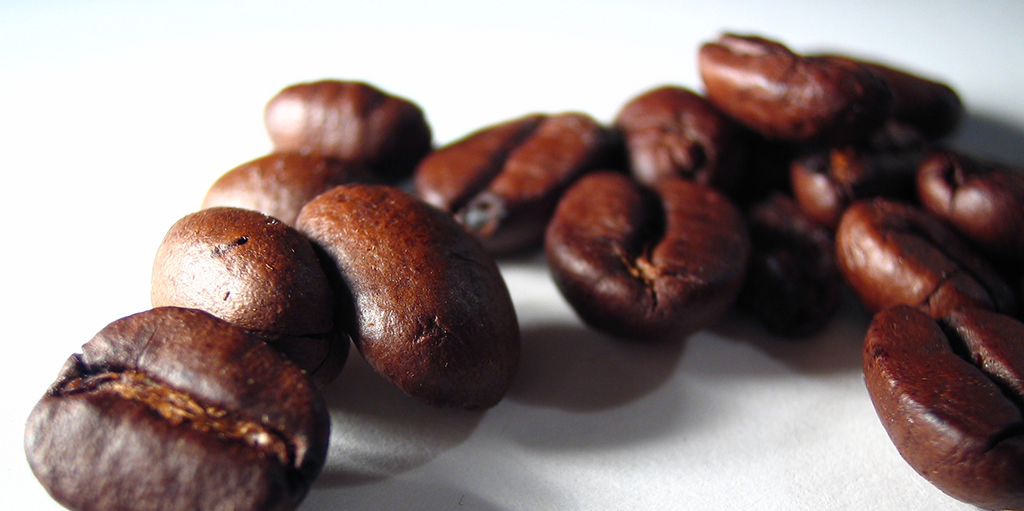
If you're like the other 9 out of 10 people you see each day, then you likely begin your day with some form of caffeine. The available methods vary, but without a doubt, the top choice of the majority of people to start their day is coffee. Iced, hot, blended, or in a can, there is no denying the prevalence of coffee use in our society. However, most people just use it to get ready for the day. You may discover you can make your workouts that much better by including coffee as part of your pre-workout regimen. Let's learn why!
How does caffeine work?
Caffeine has a profound effect upon the performance of the body by delivering a stimulant effect. Endurance athletes see a 3.3% increase in their performance capability. Strength athletes see up to a 20% boost in their strength. Sprinters report an average boost of 6.5% off their running times. Competitive lifters see a ten percent boost. And across the board, all athlete report a 6% drop in their fatigue levels. Whatever your sport, your training performance will see a moderate climb, and you won't tire as fast. For any athlete working hard to improve things just 1 or 2 percent with each workout, there are some pretty attractive numbers!
How much coffee should you add to your pre-workout plan?
Most lifters see 1 cup, containing about 200 mg of caffeine, as an adequate amount for their training session. Often, weight lifters tend to go extreme on just about everything they do, meaning they'll often bump that up to 2 or 3 cups. However, once caffeine levels start to hit 300 to 400 mg, the positive side effects are often outweighed by the negative. The jitters that come with 400 mg of coffee probably aren't worth any boost you would see at 200 mg of caffeine.

What are the potential negative side effects of using coffee with my training?
We've talked at length about the many positive documented benefits of using coffee with your training. It's not all roses, however. Let's examine the possible negative side effects seen by lifters who drink coffee while training. The most obvious, as you may already know, is the risk of becoming dehydrated. Caffeine is present in coffee, and it is explains the high levels of energy you enjoy. At the same time, caffeine is also associated with a known diuretic dehydration effect in its users. If you're going to drink coffee while you train, then you will want to drink an additional 1 to 3 cups of water during that hour to ensure you don't become dehydrated. Doing so would result in your muscles becoming flat and weak… which means you'd be able to move a lot less weight. This sort of defeats the purpose, doesn't it?
Addiction to caffeine - and to coffee - is a very real thing. If you train at 10am each day with coffee, then you are going to be feeling very sluggish and tired around 11am on the first rest day you encounter. Sure, coffee gives a boost, but it also makes you become dependent upon it, in a very short time. And if you use it every day, soon you won't enjoy the same added boost to your training. It will just become normal - and something that you need to feel normal. Therefore you should consider cycling off coffee, just as you cycle off your other exercise supplements, on a regular basis.

If you're training later in the day or evening, then a cup of coffee prior to training could leave you wide awake until 2, 3, or even 4 am. If you work a regular 9 to 5 job, then late night coffee with your evening workout may not be in your best interest! Sleep is definitely disrupted in many athlete who use caffeine or have a tendency to metabolize caffeine slowly. If you're using coffee to train, and you aren't sleeping well, then you probably already know the reason!
Are there any dangers to using coffee with your training?
Obviously, those people who choose to MIX coffee with supplements such as ECA, NOS drinks, or caffeine pills, may push their body way past any level of comfort into some dangerous territory. If you want to use coffee, go for it - but don't mix pre-workout with it, as most of them contain caffeine as well. You'll peak about 1 hour after taking your coffee/caffeine, so drinking it with set #1 of your workout isn't your best bet. Rather, use it as you shower and prepare to drive to the gym, so you're walking in the gym doors about 45 minutes after drinking it. By the time you stretch and complete 5-10 minutes of walking to prepare your body to life, the caffeine will be ready to give you a much-needed boost!


